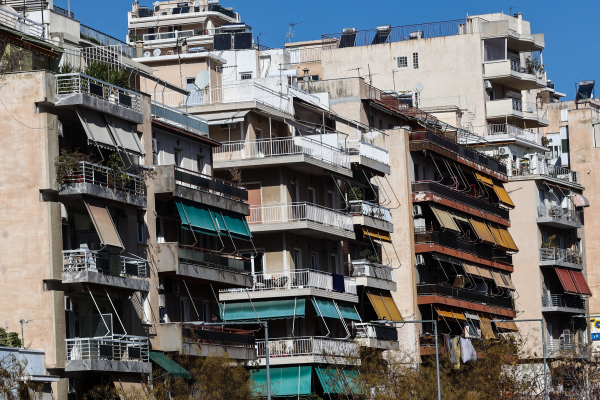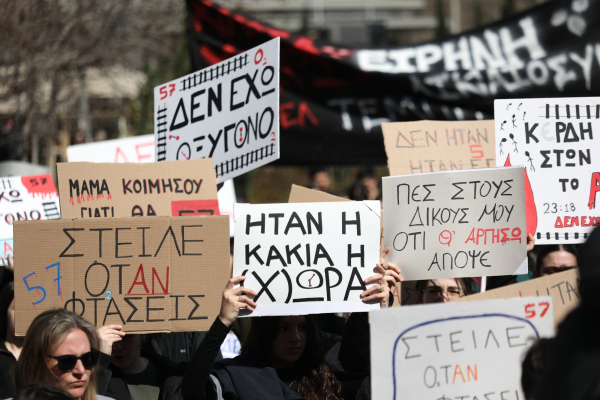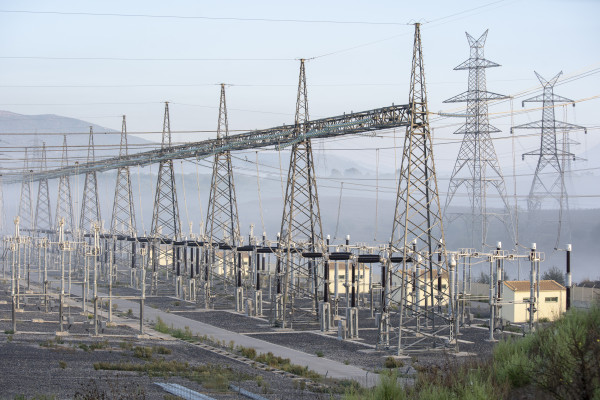A new report from the European Court of Auditors has raised serious concerns about how Greece and other EU countries are spending European funds meant to prevent forest fires. According to the audit, large sums of money—particularly from the EU’s Recovery and Resilience Facility—are not being used efficiently, and in many cases, projects are based on outdated data and lack long-term planning.
The auditors highlight that Greece, one of the countries most affected by devastating wildfires in recent years, continues to rely on risk maps dating back to 1980 to determine fire-prone areas and allocate funding. Despite experiencing a record-breaking fire season in 2023, with burned land three times higher than the annual average from 2006 to 2022, Greece has yet to update its national fire risk decree. As of late 2024, efforts were still underway to revise the decades-old classification system.
Across the EU, forest fires have intensified both in frequency and scale, a trend driven in large part by climate change. Between the periods 2006–2010 and 2021–2024, the number of wildfires affecting areas larger than 30 hectares nearly tripled. In the most recent four-year span, an average of 5,250 square kilometers has burned annually—an area roughly one and a half times the size of greater Athens.
Despite this escalating threat, the audit found that funds intended for prevention are not being spent where the need is greatest. Many EU-funded projects were not targeted toward the most vulnerable regions, and in several instances, decisions were based on obsolete or incomplete information. In Greece, one project was implemented in a region that was not classified as high-risk according to the 1980 fire map, even though a 2019 national report had flagged it as extremely fire-prone. This discrepancy forced the local forestry office to justify the project with additional documentation.
The Recovery and Resilience Facility, introduced as a post-pandemic funding tool, has become a major source of fire prevention financing. Greece alone has earmarked €837 million from this mechanism for wildfire-related measures, with €470 million dedicated specifically to prevention. These funds are expected to cover actions such as forest clearing, firebreak maintenance, and the creation of new buffer zones, spanning over 100,000 hectares.
However, the European Court of Auditors warns that the impact of these investments may be short-lived. Because Recovery Fund allocations are a one-time injection of capital, and because national budgets are not ensuring continuity, the benefits of many fire prevention projects might last only three or four years. In the long term, sustainability is not guaranteed either by EU or national funding streams.
In addition to strategic issues, the auditors cite structural problems within Greek public administration that hinder the effective use of EU money. As of May 2024, less than 10% of Greece’s allocated funds from the European Agricultural Fund for Rural Development had been spent. Greek authorities blamed this on several factors, including understaffing in the Ministry of Environment and Energy, a lack of technical know-how among forestry officials regarding public procurement procedures, and difficulties navigating the digital platforms required for project implementation.
The report also notes that Greece significantly revised its Recovery Plan in 2023 to reflect shifting priorities and implementation challenges. As part of these changes, the budget for reforestation projects was reduced by 75%, while funding for fire prevention was more than doubled. One small-scale reforestation project backed by the Recovery Fund, covering just five hectares, includes experimental technology aimed at optimizing irrigation. But the system is not expected to be fully operational before the end of 2025.
A core finding of the audit is that the European Commission has removed the requirement for fire-risk classification maps to be used in EU funding decisions from 2023 to 2027. However, countries like Greece and Spain continue to use these outdated maps, and they still serve as eligibility criteria for many projects.



























